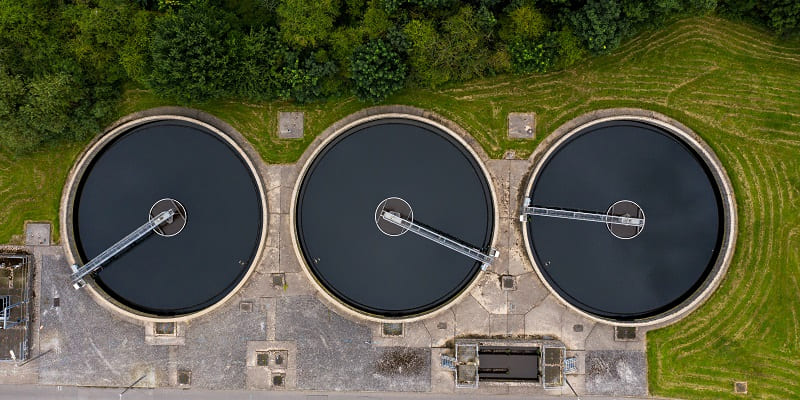The Municipal Water Authority of Aliquippa in Pennsylvania recently confirmed that hackers had gained control of a system associated with a booster station. Thankfully, authorities assured the public that there was no risk to the water supply. However, a hacktivist group named Cyber Av3ngers, believed to have links to Iran, quickly claimed responsibility for the attack, raising concerns about the increasing vulnerability of critical infrastructure to cyber threats.
Attack Details
Evidence from an image posted by KDKA-TV suggests that the hackers managed to gain control of a Unitronics Vision system used in the booster station. The Unitronics Vision system is a programmable logic controller (PLC) with an integrated human-machine interface (HMI). This indicates that the attackers successfully breached the control system of the booster station, raising questions about the level of security in place.
Cyber Avengers’ Claims
The Cyber Avengers group, known for its hacktivist activities, prominently proclaimed their involvement in the attack on the Municipal Water Authority. They further boasted about breaching several water treatment stations in Israel, particularly highlighting their activities since the Israel-Hamas conflict escalated on October 7th. It is important to note, however, that the group has a track record of exaggerating the impact of their attacks, sometimes even publishing counterfeit data and falsely attributing it to their targets.
Motivation Behind Hacktivist Attacks
Hacktivist groups, like Cyber Avengers, often target industrial control systems (ICS) as these attacks attract public attention and help promote their cause. The potential ramifications of hacking these types of devices are well known to such groups. What makes ICS attractive is the relatively easy access to HMIs, which are often left unprotected. HMIs provide an interface to control and monitor physical processes in industrial systems. Hackers who gain control of HMIs can manipulate parameters that could potentially disrupt or cause harm to physical processes.
Importance of Hacktivist Claims
While the claims of hacktivist groups like Cyber Avengers are frequently inflated, experts warn against dismissing them entirely. The consequences of successful cyber attacks against critical infrastructure can be severe, and even seemingly exaggerated claims serve as a reminder of the potential vulnerabilities that exist. It is crucial to stay vigilant and address these threats proactively.
History of Cyberattacks on the Water Sector
Regrettably, cyberattacks targeting the water sector are not uncommon. There have been numerous confirmed reports of attacks impacting ICS at water facilities, highlighting the pressing need for improved cybersecurity measures in critical infrastructure. The ability of hackers to breach such systems poses a significant threat to the safety, reliability, and resilience of our water supply.
The Municipal Water Authority of Aliquippa reassured the public that the water supply remains secure despite the recent hacking incident. However, this event serves as a wake-up call for both government bodies and private organizations to enhance their cybersecurity measures and protect critical infrastructure from cyber threats. Whether these attacks are carried out by hacktivist groups seeking attention or motivated by other malicious intents, the vulnerabilities they exploit must be addressed to ensure the continued functioning and safety of vital services like water supply. It is crucial to invest in robust security protocols, stay informed about emerging threats, and collaborate with experts to safeguard our critical infrastructure from cyberattacks.

